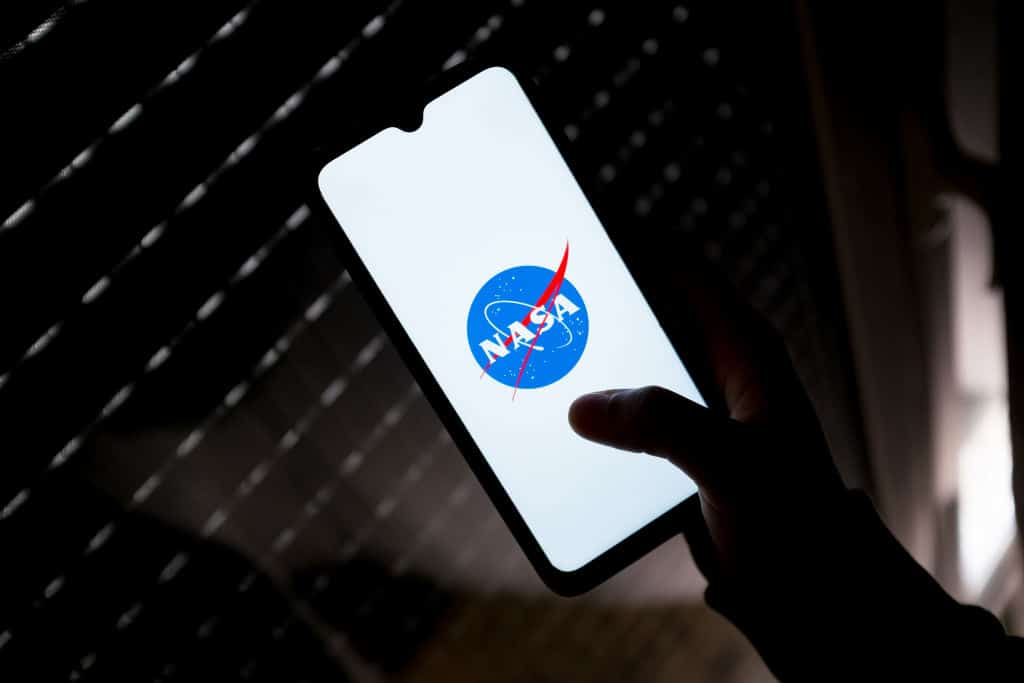TOPLINE
The National Aeronautics and Space Administration has assembled a team to study unidentified aerial phenomena (UAPs) – popularly described as UFOs, or unidentified flying objects – the agency announced Thursday, a year after a highly anticipated report from U.S. intelligence agencies into a host of sightings since 2004.
KEY FACTS
The NASA study aims “to move the scientific understanding of UAPs forward” as well as look at how they impact national security and air safety, NASA said in a statement.
Don’t expect the commissioned study to provide any breakthroughs about the existence of aliens: NASA said in the release there is “no evidence UAPs are extraterrestrial in origin.”
The project’s budget will be no more than $100,000, Dan Evans, the NASA official overseeing the study, told reporters Thursday, according to SpaceNews.
It will take about nine months to conduct the study, which will rely on data collected by governments, private companies, non-profit organizations and even civilians, NASA said.
KEY BACKGROUND
Last June, the Office of the Director of National Intelligence released a report stating that the federal government couldn’t explain 143 of 144 of the UAPs identified by military pilots, but offered a number of possibilities, including aerial clutter like birds or balloons; natural atmospheric phenomena like thermal fluctuations or ice crystals; classified U.S. programs; or advanced Russian or Chinese technology. The report made no mention of extraterrestrial origins, a popular but unsupported conspiracy theory, but did identify UAPs as a national security threat. In November, the Pentagon established the Airborne Object Identification and Management Synchronization Group designed to “address the challenges associated” with UAPs. Last month, Congress held its first public UFO hearing in over 50 years.
BIG NUMBER
About 400. That’s how many UAP sightings are in the U.S. military’s databases, Scott W. Bray, the deputy director of naval intelligence, said during last month’s congressional hearing.
By Derek Saul, Forbes Staff
